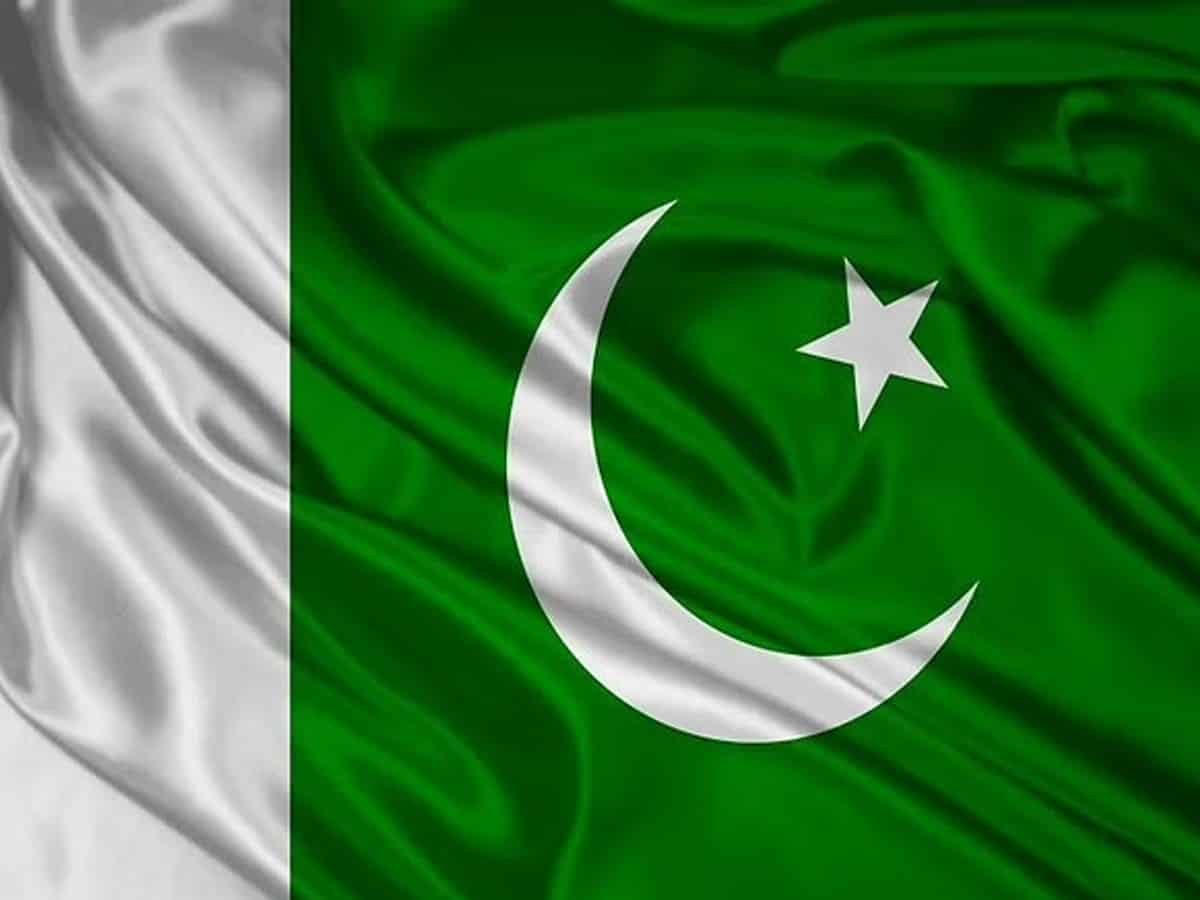
Islamabad: Pakistan is seeing a fresh surge in terror attacks by various groups, including the Tehreek-e-Taliban Pakistan (TTP), Islamic State Khorasan Province (ISKP), Baloch Liberation Army (BLA), Daesh and others, who have been carrying out major terror attacks in Khyber Pukhtunkhwa (KP), Balochistan and other parts of the country, including the capital Islamabad.
Amid increasing threat of resurgence of terrorism in the country, a high-level meeting of the National Security Committee (NSC) was held on Friday at the Prime Minister’s House, where it was mutually agreed that Pakistan’s national security and national interest will not be compromised at any cost.
At the NSC meet, chaired by Prime Minister Shehbaz Sharif and attended by the top brass of the civil military leadership, including Finance Minister Ishaq Dar, Planning Minister Ahsan Iqbal, Foreign Minister Bilawal Bhutto, along with Chief of Army Staff (COAS) General Asim Munir, Chairman Joint Chiefs of Staff Committee (CJCSC) General Sahir Shamshad Mirza, DGISI, DGIB, DGMI and other top officials of the armed forces, it was mutually agreed upon to respond to terror activities will full force.
“The top civil military leadership expressed the commitment that the fundamental interests of Pakistan’s survival, security and development will be safeguarded with utmost courage, consistency and perseverance,” read a statement issued after the first round of NSC talks concluded.
Sources also confirmed that the Pakistan government and the military establishment has decided to launch an all-out military offensive against terror hideouts, in line with the National Action Plan (NAP), which came into force after the terror attack at Army Public School (APS) in Peshawar on December 16, 2014, in which at least 144 school children and staff members were brutally killed by TTP terrorists.
It was after the APS attack that Pakistan decided to take on terror elements without any segregation of ‘good’ or ‘bad’ terrorist, for which a National Action Plan (NAP) was formulated and implemented.
“The entire nation is united on one narrative against terrorism and terrorists and those who challenge Pakistan — they will get full force response,” the NSC meeting decided.
The NSC was also briefed by the intelligence agencies about the overall situation of peace and security in the country along with factors behind the fresh wave of terror attcks.
As per sources, the relationship with Afghanistan was also brought into discussion, especially in view of the support TTP enjoys from the Afghan Taliban. It was agreed that the Afghan government will be asked not to allow escalation of tension along the Pak-Afghan border and not allow its soil to be used to support terror groups operating in Pakistan.
The second round of NSC meeting will be held on January 2, in which it is expected that a clear roadmap of the military offensive will be discussed and approved as the way forward to counter terrorism, which is increasingly challenging the safety, security and interest of Pakistan.
